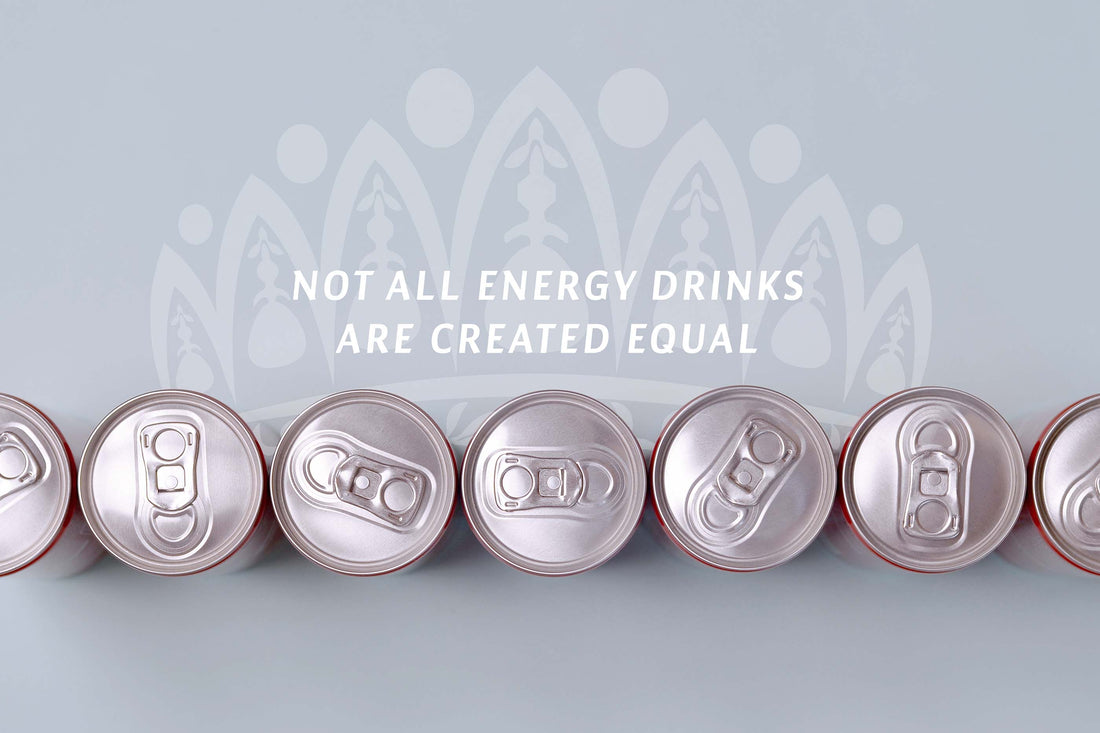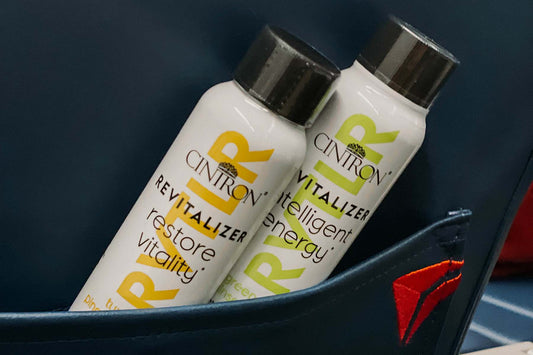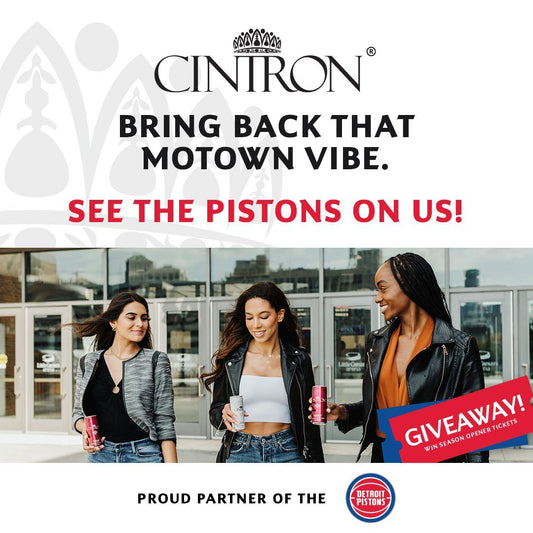
Are Energy Drinks Bad for You? Not all Energy Drinks are Created Equal
Share
The TLDR Version
Before we get into the specifics, the key thing to remember about energy drinks is that they are not all created equal. The quality of ingredients, impact on your body, as well as the number of calories and other nutrients provided will vary by brand.
Determining whether an energy drink is good or bad for you starts with analyzing the label. The essential things to pay attention to are the caffeine content, the amount of carbs and sugars, and the effectiveness and safety of any additional ingredients. Energy drinks tend to get a bad rap because many of the well-known brands fill their drinks with too many things that are bad for your health if consumed regularly and in excess.
We will explore the good and the bad in energy drinks in more in depth below. If you're in a hurry to get on with the good, look at this healthy energy drink option that keeps our team going.
Understanding the Bad
An energy drink isn't an energy drink unless it has some sort of stimulant. One of the safest and most effective stimulant manufacturers use in their products is caffeine.
Of course, there is nothing inherently bad about caffeine. Who doesn’t enjoy a cup of Starbucks coffee to start their day? The issue is the amount of caffeine many of the energy drinks found on the shelves of your local store contain. Many energy drink makers include 200 milligrams or more in their cans. That’s more than twice the amount in a single cup of coffee.
You may be thinking “Well, I want a boost and all that caffeine will do it, right?” That amount of caffeine will give you a boost, but other ingredients found in your typical energy drink will ensure a sudden and hard crash comes with it.
This crash occurs mostly due to the high amounts of carbs and sugars found in your common can of energy products. For instance, an 8.4 fluid ounce of a commonly consumed energy brand contains 27 grams of sugar, or 7 teaspoons. This high influx of sugar makes the blood glucose to spike, causing you to feel sluggish and lethargic along the way. Additionally, that same can will also include 34 grams of carbohydrates and 130 calories, which is more than is found in 8 ounces of soda.
Consuming this amount of caffeine, sugar, and carbohydrates on a regular basis can contribute to long-term health problems. Studies have shown that people who consistently consume these popular energy products have a higher risk of developing high blood pressure, diabetes, heart problems and becoming obese.
It may seem like it is all bad news for energy drink lovers, but remember, not all energy drinks are the same. Let’s look at the good side of energy beverages and how health-conscious brands deliver good results while minimizing the potentially negative effects.
Understanding The Good
We have already established that caffeine is a key component to enhancing your energy levels. Does that mean a high-quality energy drink needs massive amounts of it to be successful? According to the health specialists who helped us create our Cintron Sparkling Energy Beverages, the answer is a resounding no. It turns out that less is more when it comes to caffeine if it is combined with the right ingredients to make it effective.
In our Cintron Sparkling Energy Beverages, we use taurine and glucuronolactone to promote a more natural response to caffeine. Instead of a peak and a crash, the energy boost from the caffeine is sustained and long-lasting. This allows us to use significantly less caffeine than other energy drink brands; only 75 milligrams per can. That’s even less than what you get in a cup of coffee.
Our other secret to avoiding the negative impact other drinks have on the body involves ditching the unnecessary ingredients, like high fructose corn syrup. We also exclude potentially harmful chemicals like preservatives and aspartame. By doing this, our truly good energy beverage delivers only 60 calories per can and less than half the sugar found in most energy drinks on the shelf and comes in either a delicious Cranberry or Classic flavor. Alternatively, you can indulge guilt-free in our Cintron Classic-Sugar Free, which contains only 10 calories!
Crowning an energy drink as clean and healthy comes down to how well it enhances the body’s natural energy production. Cintron’s energy beverages aim to provide a true alternative to the standard options by including essential B5, B6, and B12 vitamins, niacin, and pantothenic acid. All of these serve to help your body do what it is designed to; convert the food you eat throughout the day into energy and be sustained by it.
The best part? Healthy energy drinks come in compact, manageable sizes that do not promote overindulgence, while providing the good vibes you need to get through the day. Cintron Classic gives you all the good in just 8.4 fluid ounces. No supersizing needed here!
The Verdict?
If you want an energy drink that gives you more of what your body needs, and less of what it doesn’t, the average energy drink brands most likely will not work for you.



